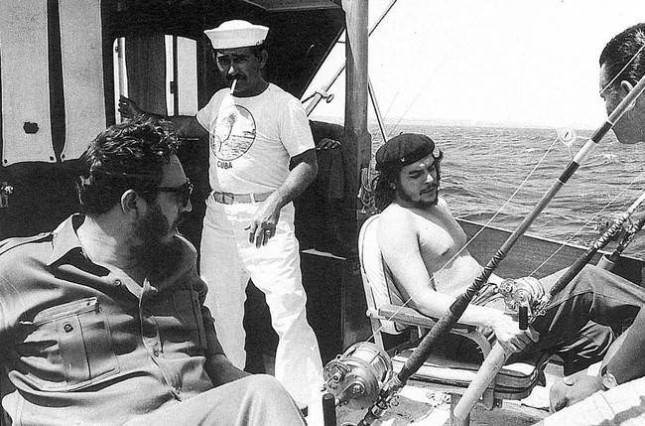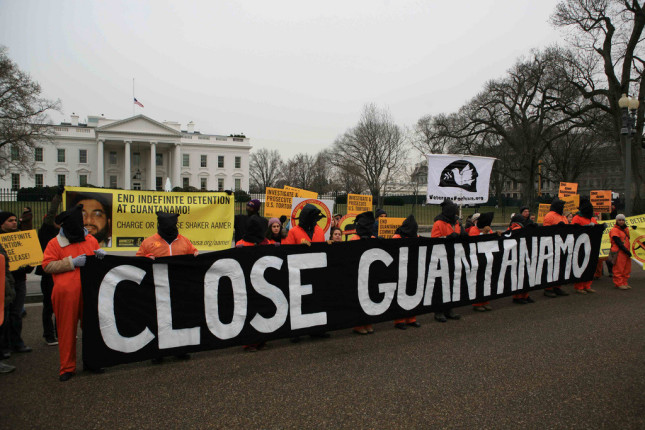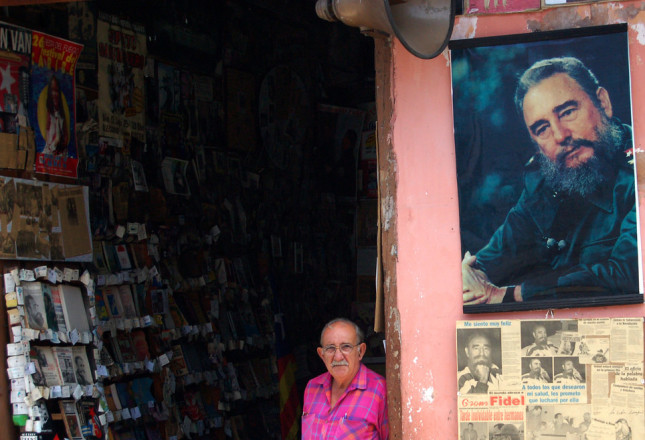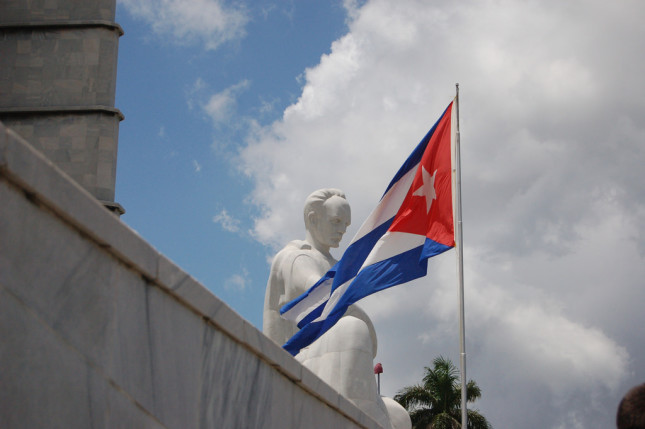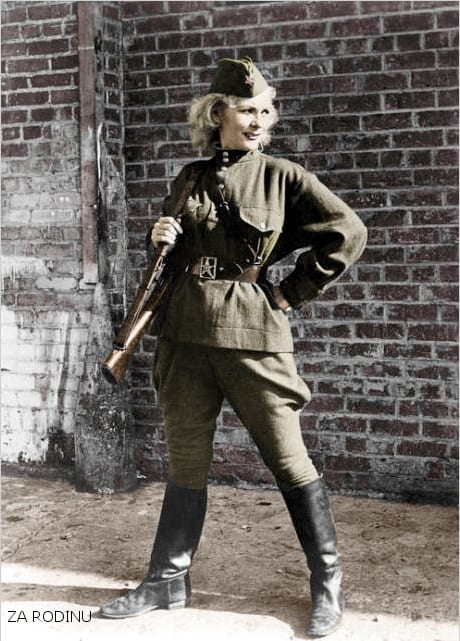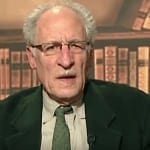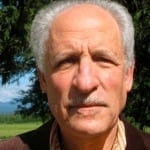

SPUTNIK NEWS
Ministry of Defence of the Russian Federation
MILITARY & INTELLIGENCE

The Russian Caspian Sea flotilla proved its strategic value firing precision cruise missiles on ISIS targets more than 2500 km away.

Russia Versus ISIL in Syria (566)
WITH SPECIAL ADDENDUM:
After Pullout: What Could Force Russian Aircraft to Come Back to Syria
The war on terrorism in Syria is not over yet. However, after the bulk of Russian forces were withdrawn from Syria one can take a closer look at some aspects of how the operation unfolded and the weapons involved.
Key Ingredient to Success in Combat
[dropcap]I[/dropcap]n order to be successful, any military operation needs full-fledged combat support. In Syria, Russia demonstrated capabilities that wowed the world. As one of the world’s most powerful militaries, Moscow managed to deploy a task force to a remote battle zone covertly and rapidly. This was possible mostly thanks to the well-functioning logistics system, including by air and sea.
RUSSIAN DEFENSE MINISTRY
In a recent interview, Col. Gen. Alexander Dvornikov told Rossiyskaya Gazeta that over 640 sorties and more than 80 maritime voyages had been carried out since September 2015 to support the Russian operation in Syria.

Everyday life of the Russian air group at the Hmeymim airfield in Syria © PHOTO: RUSSIAN DEFENCE MINISTRY
In strategic terms, this can be considered one of the most important aspects of the operation. It demonstrated the changes the Russian Armed Forces went through since the late-2000s, after a military reform was launched.
One of its goals was to create a mechanism for the fast deployment of forces to remote areas. The mechanism was repeatedly tested and improved during numerous “snap combat readiness checks” which started in 2013. The Syrian campaign became the pinnacle of this long training process.
Striking With the Highest Accuracy
The wide-spread belief that modern military uses nothing but advanced high-precision weapons for surgical strikes against the enemy is far from being true.
For conducting airstrikes against terrorists in Syria, the Russian aviation mainly relied on conventional bombs, including the OFAB-250-270 fragmentation air bomb. Guided munitions like the Kh-25ML and the Kh-29L and guided bombs played a less significant role.
Russia also used the KAB-500S GLONASS-guided bomb in Syria. It is a very high-precision weapon. It is dropped from an altitude of several kilometers and hits the target with an accuracy of three meters. The bomb was used to destroy terrorists’ ammo depots, command points and fortified areas.

KAB-500S fitted to plane
© SPUTNIK/ DMITRIY VINOGRADOV
However, this fact does not mean that Russia lags in developing and using high-precision munitions. The reason is the approach Russia has adopted in upgrading the capabilities of its air force.
SEE ALSO: Not Coming Home: What Russian Hardware Stays in Syria After Pullout and Why
[dropcap]T[/dropcap]he Russian approach differs from the one the US has adhered to. The Pentagon developed the JDAM, including an integrated inertial guidance system and a tail section with aerodynamic control surfaces. The JDAM kit converts so-called “dumb” bombs into smart munitions. As a result, the number of guided bombs used in US aerial operations has increased in the last 25 years.
Russia’s approach was to modernize the target-acquiring and navigating systems of tactical bombers. The SVP-24 Gefest target-acquiring system was developed as a result. It makes conventional air bombs more precise because it automatically calculates the flight parameters of the aircraft as well as external conditions. As a result, Russian “dumb” bombs can now hit the target with much higher accuracy.
Game-Changers
The operation marked the first combat use of some of Russian weapons, including the Kh-101 and Kh-555 missiles and the Kalibr ship-based cruise missile.
The Russian forces in Syria have also been backed from the sea, by a naval tactical unit led by the Moskva missile-carrying cruiser and the Caspian Flotilla. On October 7 and then on November 20, warships of the flotilla fired Kalibr missiles from the Caspian Sea and successfully hit the targets from a distance of 2,500 km.
On December 8, Russia conducted its first submerged combat launch of a Kalibr long-range cruise missile. Missiles were launched by the Rostov-on-Don Diesel-electric submarine, successfully hitting all designated targets.
The combat use of those weapons did not change the course of the military campaign. However, they can be considered game-changers in terms of military practice and reputational benefits.
Recognition of the Fullback
The Russian campaign in Syria also marked the first full-fledged combat use of the Su-34 (NATO reporting name Fullback) jet fighters.
The Su-34 is Russia’s most advanced interdiction aircraft. It was designed as a replacement for Russia’s fleet of ageing Su-24 Fencer strike aircraft.
The Fullback is provisioned with a formidable air-to-air self-defense capability. It is armed with R-73 dogfighting missiles and R-77 long-range radar-guided air-to-air missiles. The Su-34 has a combat radius of nearly 700 miles on internal fuel but is also designed for aerial refueling.

© SPUTNIK/ The Sukhoi Su-34 (Fullback) fighter-bomber
Among those awarded for their participation in the operation there are several officers flying on Su-34 jets. According to the Sukhoi Design Bureau, two of its engineers working with the aircraft were also awarded.
This proves the fact that Russian political and military officials were impressed with the capabilities of the jet.
Early Results
Of course, now it is preliminary to make decisive conclusions from the Russian campaign in Syria which ended on March 14. The Russian Defense Ministry will gather and analyze information on the tactics and weapons involved in the campaign.
SEE ALSO: After Pullout: What Could Force Russian Aircraft to Come Back to Hmeymim Airbase in Syria
Nevertheless, the operation gave some implications for the Russian Armed Forces that cannot be ignored.
First, Russia has proved its capability to carry out a military operation of small scope, in a remote battle zone, using advanced aircraft and maintaining logistic support.
Second, the operation became an outstanding promotional campaign of Russian-made military hardware for potential buyers. For example, Algeria ordered a shipment of Su-32 jets (the export version of the Su-34) in the wake of the successes of the Russian aviation in Syria.
Third, and maybe the most important, the Russian involvement in Syria has gained significant political advantages. In the long-term, it could become a turning point in contemporary international relations.
Read more: http://sputniknews.com/military/20160328/1037088025/russian-campaign-syria-results.html#ixzz44LiCnXTM
ADDENDUM
After Pullout: What Could Force Russian Aircraft to Come Back to Syria

© Sputnik/ Ramil Sitdikov
Russian forces have largely been withdrawn from Syria, but they could be redeployed to the Arab nation if radical groups become increasingly active in the war-torn country, the speaker of Russia’s Federation Council told RIA Novosti.
The scale of Moscow’s military engagement will be proportionate to the level of the threat, Valentina Matvienko added.
President Vladimir Putin announced the partial withdrawal of the Russian forces last week. On the one hand, Moscow has achieved the main goals of its anti-Desh campaign. On the other, Russia wanted to highlight that it is genuinely willing to help bring peace to Syria and provide an impetus to the Geneva process, Matvienko explained.
“Our servicemen have proven themselves to be capable mediators and diplomats,” she noted. “They have actively engaged with leaders of various opposition movements by involving them in the peace process. We see results of this work on a daily basis. We see that more Syrians support these efforts.”

© SPUTNIK/ Syrian government forces in Palmyra, central Syria.
There has been no lack of good news from Syria recently. On Sunday, Damascus-led forces dealt a major blow to Daesh by pushing the militants out of Palmyra, an iconic ancient city in central Syria. The victory could pave the way for the Syrian Arab Army to liberate Raqqa, the de facto capital of the caliphate.
Nevertheless, Daesh, al-Nusra Front and other terrorist groups have not been destroyed yet, and recent bombings in Brussels show that they are still quite capable of wreaking havoc in the Middle East and beyond.
“I think that the EU or the US will not be opposed” should Moscow redeploy its forces to Syria, analyst Nadana Fridrikhson told Svobodnaya Pressa. “The terrorist acts in Brussels have once again convinced everyone how evil Daesh is. Russia is ready to uphold the ceasefire regime, but if terrorist organizations become more active, the US and the EU will not block Russia’s counterterrorism efforts.”

Hmeimim airbase in Syria © SPUTNIK/ RAMIL SITDIKOV
Stanislav Tarasov, head of the Middle East-Caucasus research center under the International Institute of Newest States, hailed Russia for conducting a limited operation far from its borders, but said that withdrawing all forces will only be possible when Daesh and other terrorists are no longer an issue.
Note to Commenters
Due to severe hacking attacks in the recent past that brought our site down for up to 11 days with considerable loss of circulation, we exercise extreme caution in the comments we publish, as the comment box has been one of the main arteries to inject malicious code. Because of that comments may not appear immediately, but rest assured that if you are a legitimate commenter your opinion will be published within 24 hours. If your comment fails to appear, and you wish to reach us directly, send us a mail at: editor@greanvillepost.com
We apologize for this inconvenience.


=SUBSCRIBE TODAY! NOTHING TO LOSE, EVERYTHING TO GAIN.=
free • safe • invaluable
If you appreciate our articles, do the right thing and let us know by subscribing. It’s free and it implies no obligation to you—ever. We just want to have a way to reach our most loyal readers on important occasions when their input is necessary. In return you get our email newsletter compiling the best of The Greanville Post several times a week.
[email-subscribers namefield=”YES” desc=”” group=”Public”]

Nauseated by the
vile corporate media?
Had enough of their lies, escapism,
omissions and relentless manipulation?
GET EVEN.
Send a donation to
The Greanville Post–or
SHARE OUR ARTICLES WIDELY!
But be sure to support YOUR media.
If you don’t, who will?
ALL CAPTIONS AND PULL-QUOTES BY THE EDITORS, NOT THE AUTHORS.

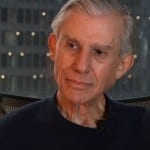 Liberating Palmyra was a major achievement – likely facilitating others ahead, opening the way to purging ISIS from Raqqa, its main Syrian stronghold. At the same time, two weeks of so-called peace talks accomplished nothing, intractable differences preventing resolving conflict diplomatically at this time.
Liberating Palmyra was a major achievement – likely facilitating others ahead, opening the way to purging ISIS from Raqqa, its main Syrian stronghold. At the same time, two weeks of so-called peace talks accomplished nothing, intractable differences preventing resolving conflict diplomatically at this time. STEPHEN LENDMAN lives in Chicago. He can be reached at lendmanstephen@sbcglobal.net. His new book as editor and contributor is titled "Flashpoint in Ukraine: US Drive for Hegemony Risks WW III." ( http://www.claritypress.com/LendmanIII.html ) Visit his blog site at sjlendman.blogspot.com.
STEPHEN LENDMAN lives in Chicago. He can be reached at lendmanstephen@sbcglobal.net. His new book as editor and contributor is titled "Flashpoint in Ukraine: US Drive for Hegemony Risks WW III." ( http://www.claritypress.com/LendmanIII.html ) Visit his blog site at sjlendman.blogspot.com.











